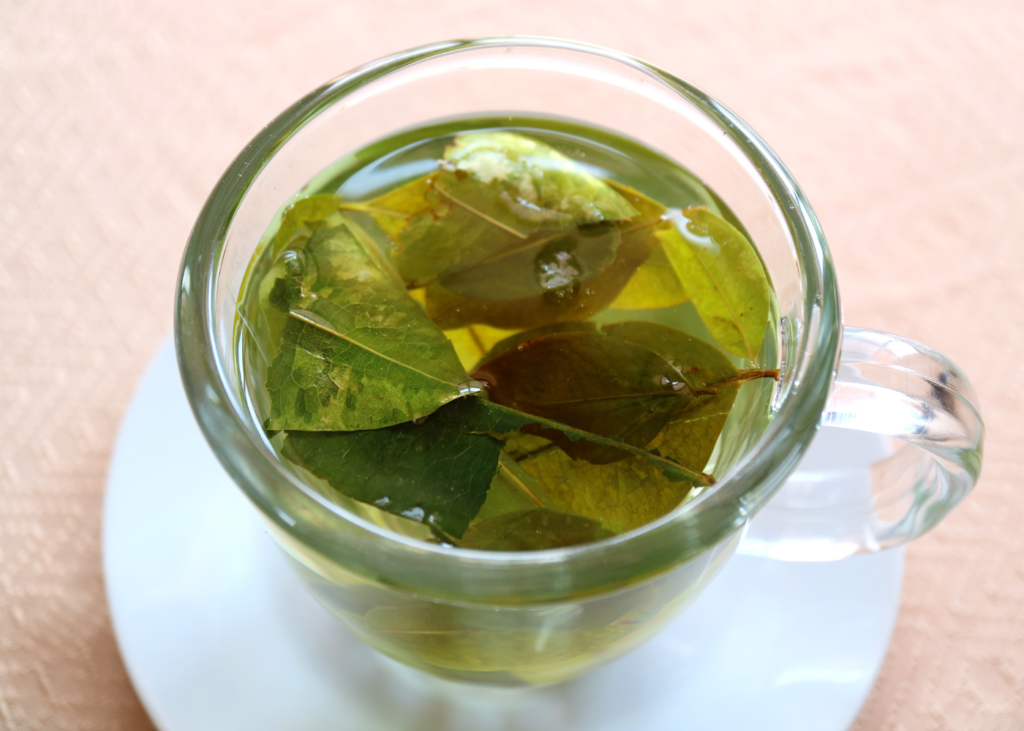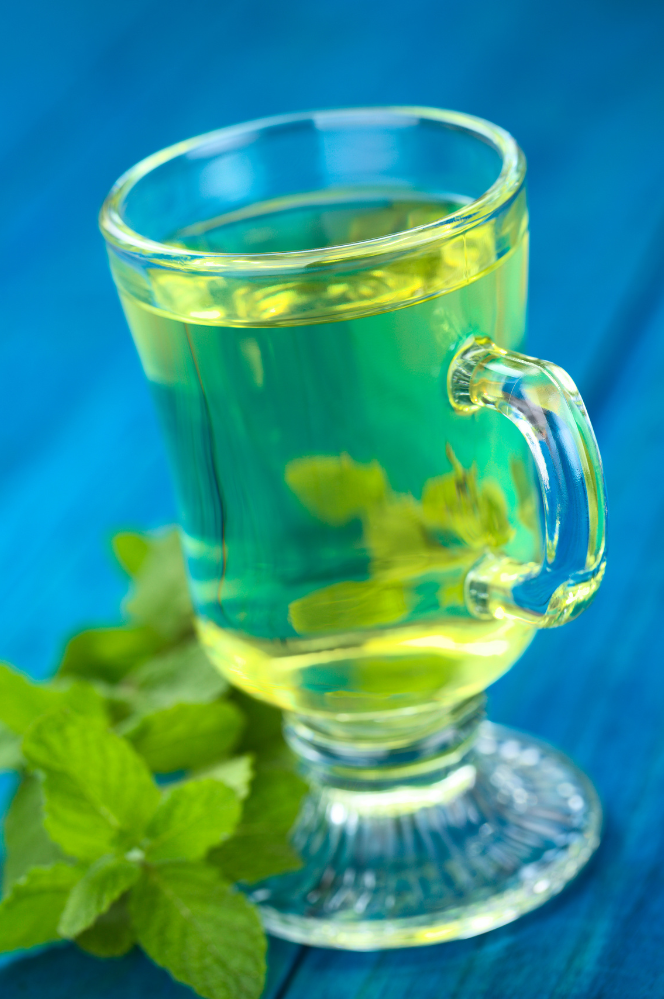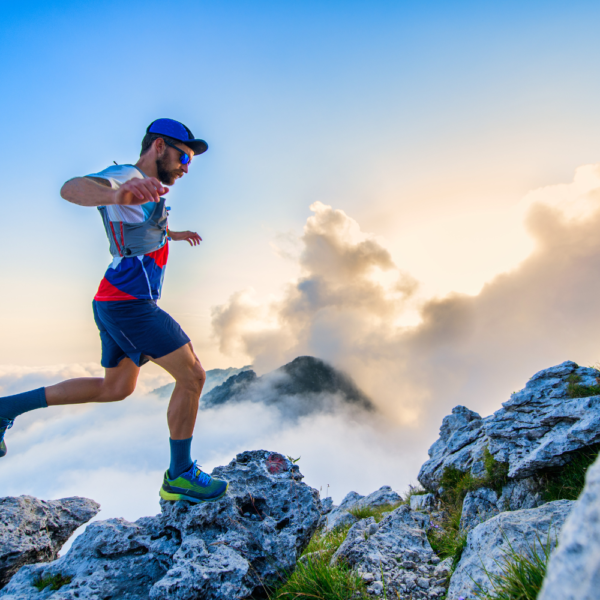Introduction
Traveling to Cusco, the ancient capital of the Inca Empire, offers a once-in-a-lifetime experience to witness the magnificent Machu Picchu and explore the rich history of the region. However, the high altitude of Cusco (3,399 meters or 11,151 feet above sea level) may lead to altitude sickness for some travelers. In this article, we will discuss traditional Peruvian remedies and modern solutions for combating altitude sickness in Cusco.
Understanding Altitude Sickness
Causes
The primary cause of altitude sickness is ascending to high altitudes too rapidly, without allowing the body enough time to acclimatize. As you ascend to higher elevations, the air pressure decreases, resulting in lower oxygen levels. This reduction in oxygen availability can lead to various physiological changes in the body.
When you ascend gradually, your body has the opportunity to adjust to the changes in air pressure and oxygen levels. However, ascending too quickly can hinder this adjustment process. Altitude sickness can affect anyone, regardless of age, fitness level, or previous altitude experiences. Each individual reacts differently, and even seasoned travelers may experience symptoms if proper acclimatization measures are not followed.
Symptoms
Altitude sickness symptoms can range from mild to severe, and they typically manifest within a few hours to a day or two after ascending to high altitudes. It’s important to be aware of these symptoms and to take appropriate action if they occur. Common symptoms of altitude sickness include:
- Headache: One of the most common symptoms, a persistent headache that feels like a throbbing sensation, is often the first sign of altitude sickness.
- Dizziness: Feeling lightheaded, dizzy, or experiencing a sensation of unsteadiness can be indicative of altitude sickness.
- Nausea and vomiting: Some individuals may experience gastrointestinal discomfort, which can manifest as nausea and, in severe cases, vomiting.
- Fatigue: Feeling unusually tired or weak, even with minimal physical exertion, is a common symptom of altitude sickness.
- Shortness of breath: Difficulty breathing or experiencing a sensation of breathlessness, especially during physical activity, is a prevalent symptom.
- Insomnia: Trouble sleeping or experiencing restless sleep patterns is a common occurrence at high altitudes.
- Loss of appetite: A decrease in appetite or a sense of disinterest in food can be a symptom of altitude sickness.
Traditional Peruvian Cures for Altitude Sickness
While modern solutions are available, traditional Peruvian remedies have long been relied upon to combat altitude sickness. Let’s explore some of these time-honored cures:
Coca Leaves


One of the most well-known traditional remedies for altitude sickness in Peru is the use of coca leaves. Coca leaves have been an integral part of Andean culture for centuries. Chewing coca leaves or drinking coca tea is believed to alleviate symptoms of altitude sickness. The leaves contain alkaloids that can help increase oxygen uptake and improve blood circulation, thereby reducing the effects of altitude-related discomfort. Many visitors to Cusco find sipping on coca tea throughout their stay to be a soothing and effective remedy.
Muña


Muña, a native Andean plant, has been traditionally used to combat altitude sickness. This herb, also known as Minthostachys mollis, possesses natural properties that are believed to alleviate symptoms. It can be brewed as a tea or used in a steam bath to help ease the discomfort caused by altitude sickness. The refreshing aroma of muña tea is often sought after for its calming and soothing effects.
Agua de Florida
Another traditional remedy embraced by Peruvians is Agua de Florida, a fragrant cologne made from various herbs and flowers. This aromatic blend is believed to have properties that provide relief from altitude sickness symptoms. It is commonly applied to the temples or inhaled as vapors to help alleviate headaches, dizziness, and nausea associated with high altitudes. The refreshing scent of Agua de Florida is known to invigorate the senses and provide a sense of comfort in challenging altitude conditions.
Modern Solutions for Altitude Sickness
Acclimatization
The best way to prevent altitude sickness is to acclimatize by ascending gradually, allowing the body time to adjust to the new altitude. Spend a day or two in Cusco before exploring higher altitudes to minimize the risk of AMS.
Hydration
Staying hydrated is crucial when combating altitude sickness. Drink plenty of water, and avoid alcohol and caffeine, which can exacerbate dehydration.
Diet and Nutrition
Eating a balanced diet, rich in carbohydrates, can help your body adjust to the altitude. Foods high in potassium, such as bananas and avocados, can also help alleviate symptoms.
Medications
Over-the-counter medications like ibuprofen or acetaminophen can help with headaches and other mild symptoms. In some cases, a doctor may prescribe medications like acetazolamide to help prevent or treat AMS.
Oxygen Therapy
Using supplemental oxygen can provide relief from altitude sickness symptoms. Portable oxygen canisters are available for purchase or rent in Cusco and can be used to alleviate shortness of breath and other discomforts.
Preventive Measures
To reduce the risk of altitude sickness, consider the following preventive measures:
- Ascend slowly and allow time for acclimatization.
- Stay hydrated by drinking water regularly.
- Maintain a balanced diet, focusing on carbohydrates and potassium-rich foods.
- Avoid alcohol and caffeine consumption.
- Get plenty of rest and sleep.
- Engage in light exercise to help your body adjust to the altitude.
- Consult a doctor before your trip for personalized advice and possible medication.
Conclusion
Altitude sickness can be a challenge for travelers visiting Cusco, but with a combination of traditional Peruvian cures and modern solutions, it can be managed effectively.
While traditional remedies have been utilized for generations, it’s important to note that individual experiences may vary. Some travelers find these remedies to be helpful, while others may prefer modern alternatives. It’s always advisable to consult with healthcare professionals or local experts for personalized advice based on your specific circumstances.
By incorporating preventive measures and seeking appropriate treatments, you can enjoy your time in the breathtaking city of Cusco and explore the wonders of the Andean region without worrying about altitude sickness.
